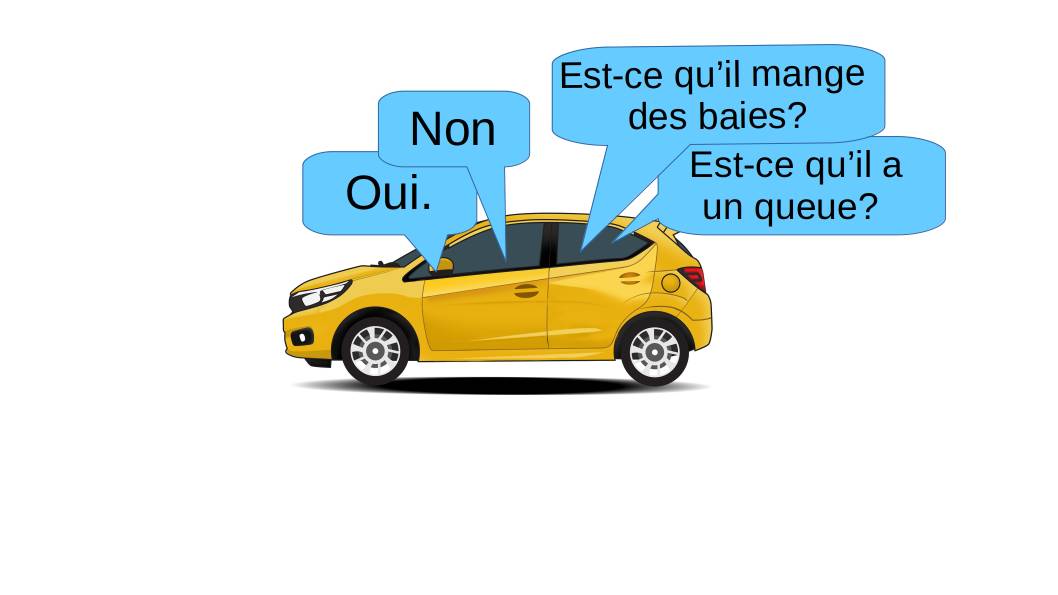
For busy parents
Heritage language on the way to school
Luckily, language is not painting or knitting, which means we can do activities in the heritage language on our way somewhere. Including on our way to school or daycare - walking, driving, or taking a bus. Even if it’s just a few minutes. We say about 2 to 5 words per second, so even in one minute, quite a lot could be said, and this helps to boost the heritage language.
So, first, we can just chat. It would be great if your child also talks, not only listens to you (otherwise, only understanding is developing). We can discuss news, a movie, a book, talk about our plans for the evening or the weekend; we can ask the child what they are learning at school now.
Or we can get creative and make up stories about what we see. Or give your kid a line to start an imagination trip: “What if…”, “What woud a … look like?” and so on.
And we can also play language games. For our family, such games save us from going nuts on a long car ride. And they are also “superfoods” for language development. There are many of them, they develop various aspects of language knowledge, and children like them.
Snowball
(vocabulary, short-term memory for words)
In this game, the players make a long list of things until they cannot remember it. The first player starts with something like “We are going on a trip and take jackets”. The next player has to add an item. For example: “We are going on a trip and take jackets and hats”. The next player: “We are going on a trip and take jackets, hats, and an umbrella.”, and so on. The first person who fails to name all the items loses. The beginning can vary: “We are going to a beach/to a ski resort/to Mars/to Fairy Land/etc.”
I know 5
(vocabulary on specific topics)
The parent names a category (e.g. trees, fruit, birds, furniture, clothes, school supplies, etc.). The child names five words from that category (e.g. “I know five trees: maple, birch, Ребенок называет пять слов из этой категории (например: “Я знаю пять деревьев: клен, дуб, береза, сосна, яблоня”).
Fortunately, Unfortunately
(overall understanding and speaking)
One player begins with a sentence (e.g., One day Little Johnny walked to the local shoe shop). The next player tells of something unfortunate that happens (e.g., Unfortunately, Little Johnny was hit by a car.). The player whose turn is next contributes a fortunate event (e.g., Fortunately, the car was made entirely of marshmallows). Normally, when several people play, they alternate fortunate and unfortunate events. If there are only two players, one always contributes fortunate events, and the other, unfortunate ones. In this case, the players might decide to switch roles after a certain number of turns.
Various guessing games
(vocabulary, asking questions)
One player chooses something that the other has to guess. For example, “Guess what animal it is”. The second player asks questions about the animal. Version A: Any questions (What does it eat? Where does it live? Does it have wings? etc.) Version B: Only questions that can be answered with “yes” or “no” (Is it a bird? Does it have four legs? Does it live in the water? etc.)
And there is also the game that me and my kids came up with when we first learned about OK Google, Siri and the like.
OK Google/Siri
(speaking skills, explanations, definitions)
One player imitates a person asking a virtual assistant for information. For example, “OK Google! What is the largest animal on Earth?” or “Hey Siri! What is an asteroid?” or “OK Google! Why is it winter in Toronto, but summer in Australia?” or “How is bread made?”, etc. The complexity of questions, of course, depends on your child(ren)’s age and knowledge.
Marina Sherkina-Lieber
IDEAS FOR BILINGUAL KIDS
busy parents language on the way language games